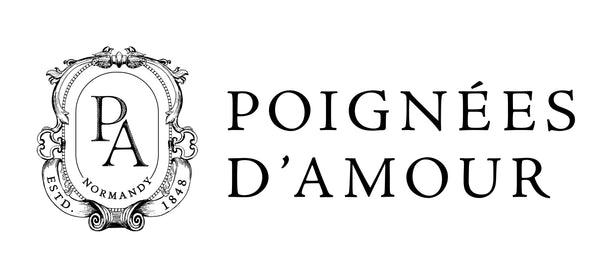Introduction to Modernism
Modernism, spanning from 1925 to 1965, is characterized by its minimalist aesthetic, functional forms, and innovative use of industrial materials. Poignées d’Amour integrates these principles into its bespoke hardware offerings, blending heritage with contemporary design sensibilities.
Historical Context
Modernism emerged as a response to the ornate styles of previous eras, emphasizing simplicity and functionality. Influential architects like Le Corbusier, Jean Prouvé, and Robert Mallet-Stevens played key roles in this movement. Their designs favored clean lines, geometric shapes, and a utilitarian approach, revolutionizing French design.
Key Characteristics
Modernism is defined by its minimalist aesthetic, use of industrial materials such as chrome and glass, and functional forms. The style emphasizes geometric shapes, simplicity, and an absence of decorative elements, focusing on the essence of form and function.
Brass Pull Arbus
Inspired by André Arbus, the Brass Pull Arbus embodies the clean lines and geometric simplicity of Modernism. Its design reflects Poignées d’Amour's commitment to blending traditional craftsmanship with modern aesthetics.
Prominent Designers and Craftsmen
Key figures in Modernism, such as Le Corbusier, Jean Prouvé, and Robert Mallet-Stevens, significantly influenced this era. Their minimalist and functional designs are evident in Poignées d’Amour's hardware, marrying historical motifs with contemporary interiors.



